Could you first introduce yourself to the reader?
I am Martijn, an app developer and guitar teacher from The Netherlands. I was born in Breda and currently live in Bloemendaal. I am 37 years old.
What does a typical day look like to you?
I am the type of person that likes to start my day early with a cup of coffee behind my computer. In the mornings, I work on Sonid, and in the afternoon, I teach my guitar lessons. But I love to spend every free minute working on Sonid. Still, I also have a private life to live, so I stop working around six. I like to cook a beautiful meal for my girl and relax with a Marvel series or a (board) game.
Tell us a bit about your creative background?
I love playing the guitar and started conservatory in 2007. After this, I started working as a guitar teacher. I have also been into programming as a hobby, making a website for myself as a guitarist or a band and other small hobby projects, such as: an online metronome/drum sequencer (drum-it) and GuitarNeck, which helps you learn the notes on the guitar.
In recent years, after finishing the conservatory, I have picked up learning new languages and frameworks (Javascript, VueJS) and became more professional in programming. My creativity usually comes from practical situations, so to learn these frameworks I’ve created apps such as Calecti to keep track of my guitar lessons, and Meta Assembled, a game that is on Steam. Until then, I had just been creating websites and apps for people I know or for myself. With Sonid I’ve created my first “real” app.
Can you describe Sonid to the reader?
Sonid teaches you about music theory step-by-step. The app is my solo project to provide all musicians with an easy and practical way to learn music theory. In the app, you will learn about intervals, scales, ear training and chords and chord progressions.
What inspired you to make Sonid?
My main reason for developing Sonid was to hand my students a simple way to learn and practice music theory in their own time and space. I wanted to make an app suitable for beginners and experts. I strongly believe everyone should be able to learn about music theory because it will turn you into a better musician. Secondly, developing Sonid is a way to combine my two passions – music and programming. I always wanted to make an app, and when I found Cordova, I was certain I could actually develop one. The user interface of Sonid is heavily inspired by Duolingo, which uses a way of teaching languages in a playful and fun manner.
What went into the making of Sonid?
A lot of time and devotion. I had to take some risks, like investing a lot of my unpaid time and money into it. So I needed a lot of faith to keep going, even when it didn’t seem to go so well. The great thing about Sonid is that somehow (in comparison to other apps I’ve tried to make) it seems to be easy to keep developing it. There are numerous ideas that I want to implement and I love every minute of it.
How long of a process was your development?
The development of Sonid is an ongoing process. I am still working on programming every day. But after a year of working on Sonid I started to see it as a complete app. After this year, I started promoting Sonid more.
In the first year, I made many ‘mistakes’ because I did a lot of things for the first time. I am still learning about programming every day and correcting myself.
Who do you think would benefit from your app the most?
My app is for any musician who wants to learn about music theory. It is meant to be a complete guide to learning music theory. I think it is best for people who like to have a structured learning process, which they can keep track of in the app. It is for people who want to learn to compose their own songs, play their instrument more freely and eventually become an even better musician.
Do you have any advice for young people interested in developing their own apps?
Don’t give up, keep on going, and practice a lot! As a starting developer I also had my doubts, but it is important to encourage yourself to keep ongoing. Create something that suits you, that feels right, making your doubts go away. Nowadays, a lot of indie designers are coming up, with apps they developed on their own. Take inspiration from this.
Check out Learn music theory with Sonid!
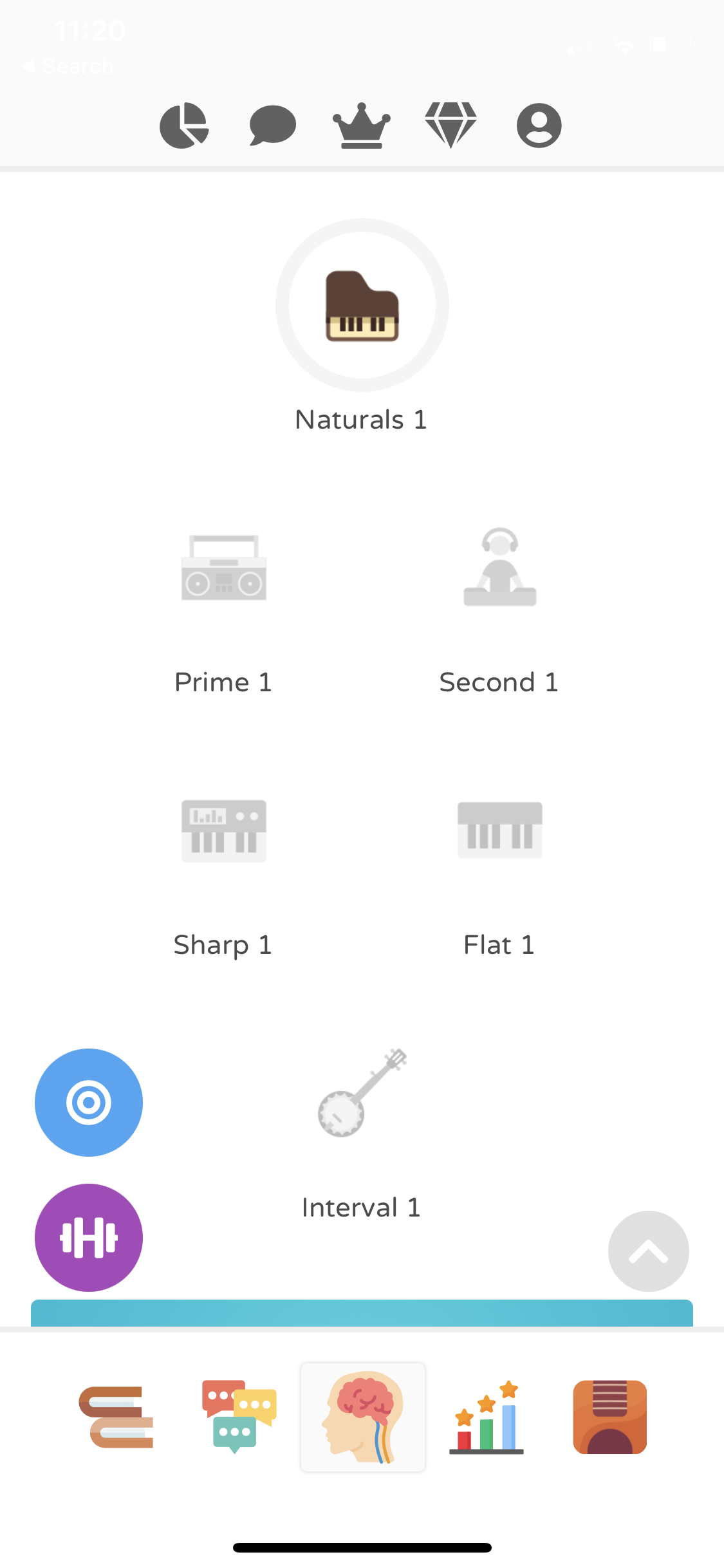

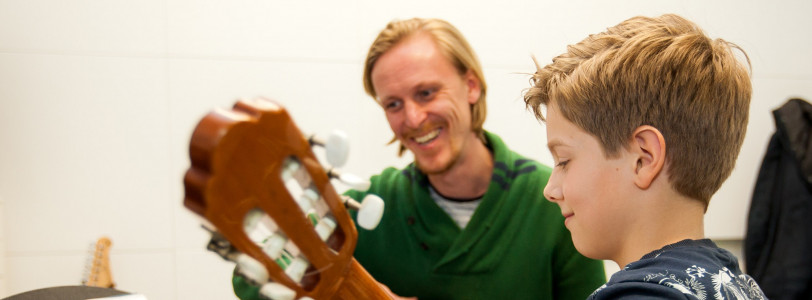

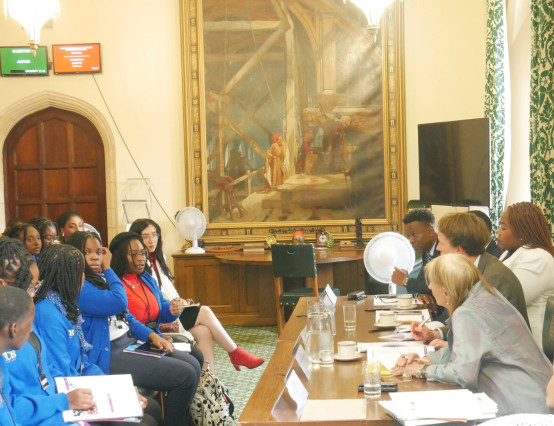

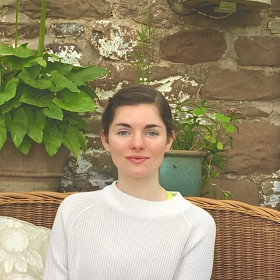


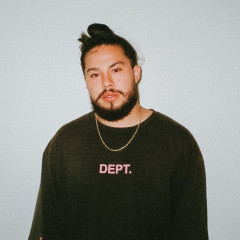
interesting - I think I may have to check out the app, I am really curious (and am always trying to improve my theory and musicianship).